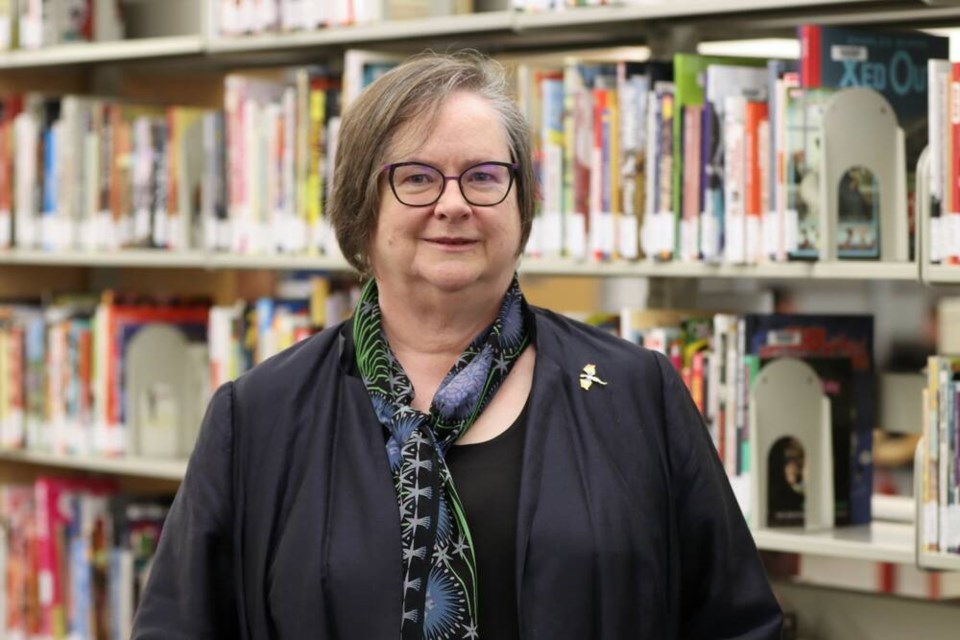A former Vancouver Island University professor has donated a valuable collection of nearly 1,000 comic books and graphic novels to the university library.
Marni Stanley, a former arts and humanities dean, has collected rare and unusual comic books for decades and has published extensive research on the subject.
The collection is now housed in VIU’s Nanaimo campus library. It features an array of female authors, indie comics, graphic journalism and LGBTQ comics from across the world.
University librarian David Alexander said the collection is among the most valuable in-kind donations ever received by the VIU library.
“We are so grateful to Dr. Stanley for sharing this significant collection with students, faculty and the community,” he said in a statement.
Stanley, who has taught at VIU and its predecessor institutions since 1994, is keen to share the weird and wonderful comics that she’s collected over the years.
“Some of them come folded up in little envelopes. One is in a box and comes with maps and cards, but it’s a single comic,” she said in a statement.
Within the collection are also books that Stanley described as “medical comics” — works where people write about how they deal with mental and physical health.
Stanley, who retired last year after teaching across four university departments, said her love of comics began when she was growing up in rural Alberta, near Westlock.
In a 2020 podcast interview with VIU English professor Theo Finigan, Stanley said her parents didn’t allow her to read many comics when she was young but that she had a “marvellous summer” at the age of 12 where all her pocket money was spent at the corner store on titles such as Archie and Sugar and Spike.
Her academic interest came later in graduate school at the University of Oxford during the 1980s, a time when genre-pushing, provocative graphic novels and comics such as Maus and Watchmen started coming onto the market.
Watchmen won a Hugo award in 1988 and Maus a Pulitzer in 1992.
While she discovered that English departments across North America were more resistant to the medium than their European counterparts, Stanley still found a way to teach comics at VIU.
“I started fitting them in even in courses where they didn’t sort of belong,” she said in the podcast. “For example, nonfiction comics to add to English composition.”
“I kept sneaking them in until eventually I was allowed to develop a comics course.”
Today, the field of comic books and graphic novels — dismissed in the past as “pulp fiction for the barely literate” — continues to grow, Stanley said.
Graphic narrative works are increasingly used in scientific disciplines to illustrate big-picture concepts, she said.
Stanley will be delivering a lecture on comics at the VIU Nanaimo library on Monday at noon.
Registration is required for the free event and can be made at .




